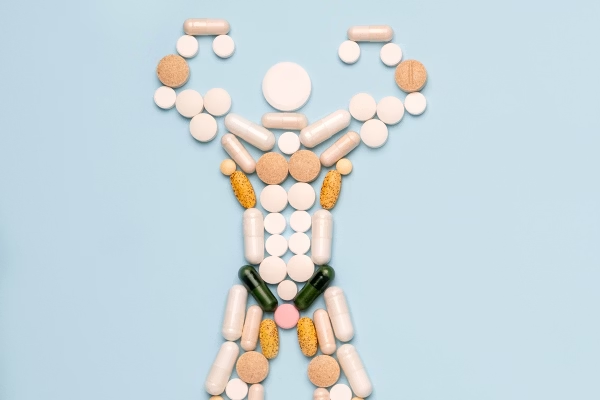Discover the 3 best supplements for fighting high blood pressure

Hypertension, popularly known as high blood pressure , affects millions of Brazilians and is considered one of the main risk factors for cardiovascular disease. Although treatment largely involves lifestyle changes and medication when necessary, some supplements can also help control blood pressure.
Among the most studied is magnesium, a mineral essential for relaxing blood vessels and regulating muscle contraction. Research shows that supplementation can help reduce blood pressure by several points, especially in people with nutrient deficiencies.
Another highlight is potassium, which helps balance sodium levels in the body—one of the biggest culprits of hypertension. While ideally, it's best to get it from foods like bananas, avocados, and green vegetables, supplements may be recommended in some cases.
Omega-3, found in fish oils and seeds such as flaxseed, is also associated with improved cardiovascular health, with beneficial effects on blood vessel elasticity and inflammation control.








Dietary supplements are products that complement the diet, providing nutrients, enzymes, probiotics and other substances.
Getty Images
They are not medicines and should not be used to treat, prevent or cure diseases.
Getty Images
The recommended dose and method of intake varies depending on the type of supplement, age and goals of each person.
Getty Images
To use them, you must contact a professional.
Getty Images
Whey protein is a protein dietary supplement extracted from whey.
Getty Images
Creatine is a supplement that can help increase muscle mass, strength, and endurance.
Getty ImagesWhile supplements may be recommended in some situations, many of the nutrients that can help control high blood pressure are also found in affordable, everyday foods:
- Magnesium: chestnuts, almonds, pumpkin seeds, spinach and cocoa.
- Potassium: bananas, avocados, sweet potatoes, beans, coconut water, and green vegetables.
- Omega-3: cold water fish (salmon, sardines, tuna), chia seeds, flaxseeds and walnuts.
Including these foods in your diet, combined with healthy habits, can be as important as supplementation for those looking to protect their heart by controlling blood pressure.
(*) Juliana Andrade is a nutritionist graduated from UnB and has a postgraduate degree in Functional Clinical Nutrition. She writes about food, health and lifestyle.
metropoles





